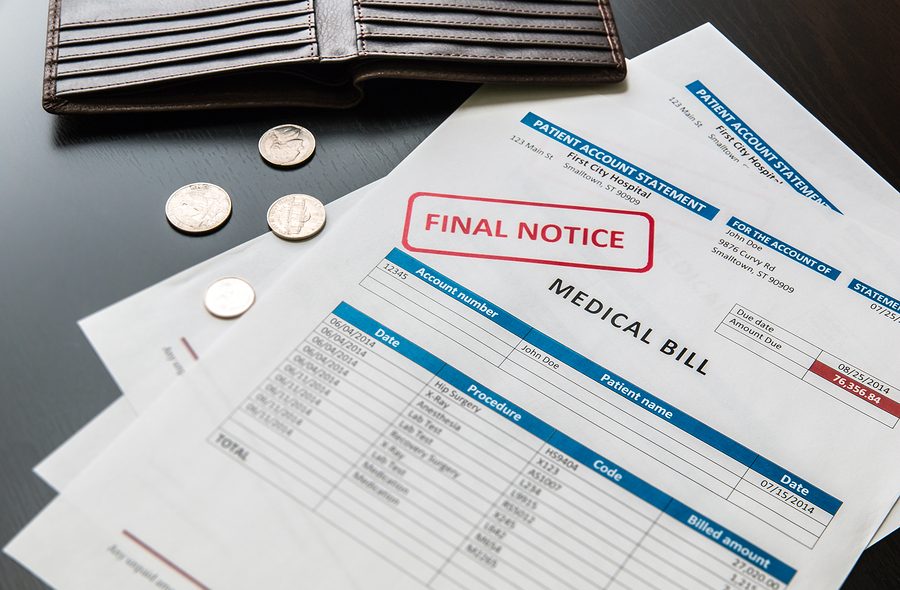The cost of healthcare has become a growing problem for many. One that has pushed patients to the brink of financial crisis. According to the Centers for Medicare and Medicaid Services, spending on healthcare in the U.S. has reached a record $4.1 trillion. The good news is bankruptcy can be used as an effective tool to eliminate medical bills, giving the consumer a fresh financial start.
According to figures from the 2021 U.S. Census, approximately one in every five households, or roughly 19 percent of all households, were not able to pay for medical care when it was needed. Many of these bills go unpaid and result in collections actions against the consumer. In fact, according to the Consumer Financial Protection Bureau (CFPB), in 2022, whenever debt collectors contacted consumers, medical debt was the main reason for this communication.




